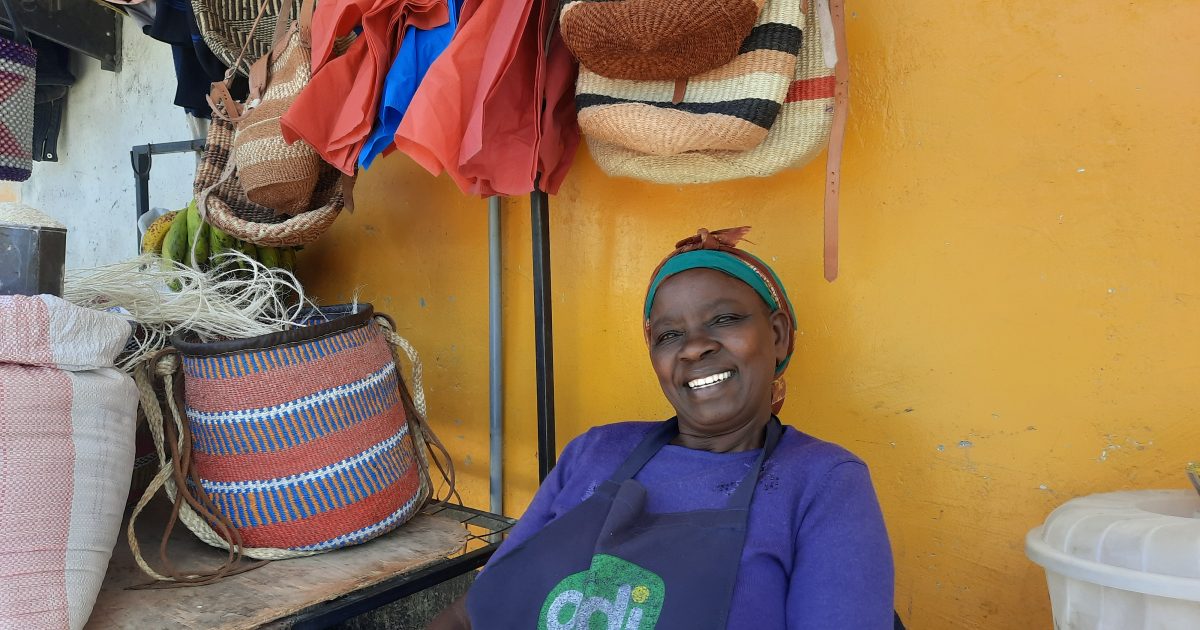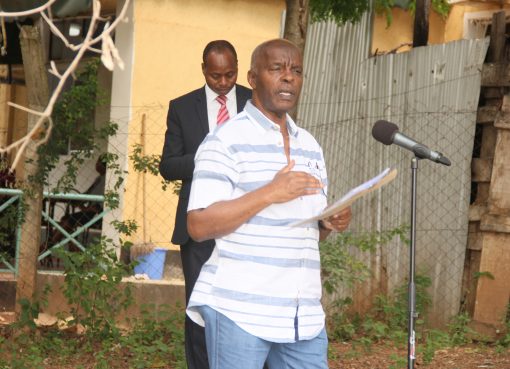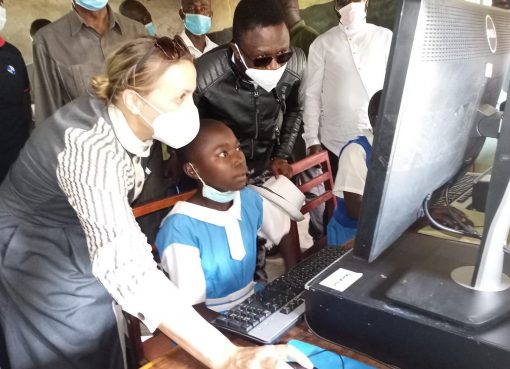Margret Kinyanjui who prefers to be referred to as ‘Susu’ sits in a corner in Kitengela town with her hand-woven baskets as she patiently waits for customers.
For her, weaving has not only become a crucial source of income but also a significant part of passing down the cultural heritage to the younger generations.
“I learnt the art of weaving through a Kamba grandmother, traditionally the art of weaving baskets is known to have originated from the Kamba community and since I’m a fast learner I was able to learn how to weave in less than a week,” Margret narrates.
The Kiondo which is woven from strong and resistant fibre is traditionally used for general household purposes such as carrying and storing both food and non-food items. Weaving a basket normally takes up to three weeks depending on the customer’s design.
“The modern-day woman wants something classy. A bag is a very important accessory for women and it has been used to make fashion statements,” she adds.
Her bestseller has been the round bag made from sisal that is dyed in different colours.
“I usually make great sales during wedding seasons as customers will come and ask for a similar design as they take gifts to the bride’s mother or when a friend orders one for their friends abroad as gifts. Recently I made one with the German flag and both the customer as well as the beneficiary were very pleased,” said Margret.
The introduction of the Competence Based Curriculum has also provided a chance for Margret; she has been able to train school-going children the art of weaving.
“Through the introduction of the CBC, I can train children who have been given an assignment that involves weaving. I appreciate the CBC system as now we can train them on basic skills that they are sure will get work,” added Margret.
Although Margret used to have a shop where she would sell her Kiondos, she had to close down when the Covid-19 pandemic hit.
“When Covid-19 happened and businesses were forced to shut down, I had to suffer the same fate. It was hard having to pay rent yet sales were really low as the economy suffered a blow. Right now I am content with selling my goods outside as more people can see me and I get more referrals,” she added.
She is however grateful for the business. “With this work, I’m able to get something to put on my table. Given that all my children are grown, now all the money I make is for me and for sustaining the business. It’s also stress-free and there is no pressure,” she said with a smile on her face.
The handmade kiondos made from sisal, banana fibre, makuti, papyrus reeds, palm leaves, napier grass, or milulu grass, come in different sizes. However, some clients customize them.
“My bags retail between Sh900 to Sh2, 500, depending on the size of the bag,” Margret says.
However, just like any business, there is the challenge of getting stock throughout.
“Production of the baskets is low on some days as you would want a certain type of pattern or colour and they can be hard to find,” adds Margret.
She urged more women who are looking for employment to join her and added she will be happy to teach them.
“It might seem like hard work but the rewards are fulfilling and we have formed chamas with women who also do beadwork and we can learn and help each other financially,” she said.
By Vivian Mbinya





